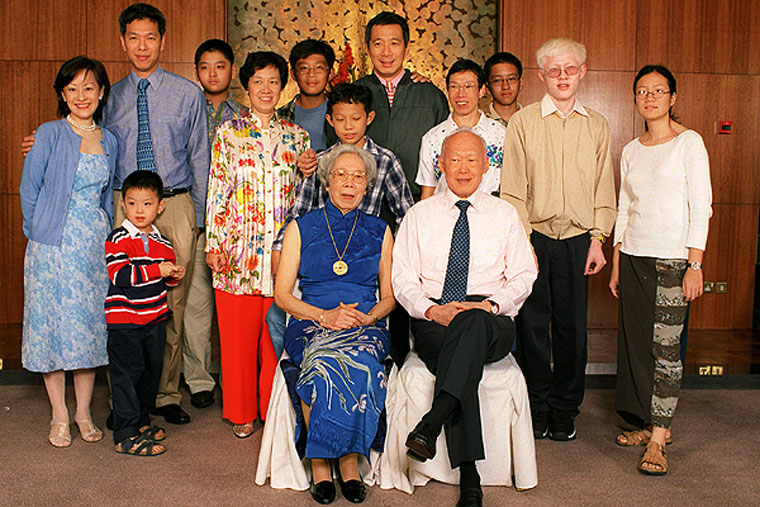Still can't wrap your head around what the entire Lee family kerfuffle is about?
Not to worry.
Alex Au, one of Singapore's pioneering blogfathers, who is now better known for his work helping transient workers in Singapore, has stewed the essence of the ongoing Lee family feud to a few short paragraphs.
Here is his post:
In case you can't see it, this is his post in full:
There are a lot of confusing details in Singapore's ongoing palace struggle, but gradually what is emerging as the key points may be these:
Lee Kuan Yew's will left the house at 38 Oxley to Lee Hsien Loong (his eldest son and the prime minister) -- though see my question below -- and in a "settlement" last year, younger brother Lee Hsien Yang bought over the house at full market value +50% more. LHY might have thought that the money was well spent since with control, he could ensure that the house would be demolished according to his father's wishes. (it is becoming apparent that LHL did not want the house demolished).
After the sale, LHY and sister Lee Wei Ling were aghast to learn that a secret cabinet committee had been set up to consider the future of the house. The secrecy was such that even the members of the committee were not identified. It is only natural that when process and key players are deliberately hidden from view, outside parties would be highly suspicious about motives. LHY and LWL might well have feared that the aim of the committee was to frustrate their intentions to demolish the house, and they might feel themselves very unjustly treated in being made to pay market value+50% in the first place only to be robbed of their freedom of action. It would leave a very, very sour taste, and would account for the intensity of their attacks on LHL.
One confusing detail remains: Some articles have mentioned that Lee Kuan Yew left his estate in three equal shares to his children.... if so, how did the entire house to go LHL? Or are those reports wrong? Maybe only a one-third share of the house?
Ownership of narrative
It goes without saying but in this ongoing battle, one thing is clear: Whoever owns the narrative, will stand a better chance in the court of public opinion.
Right now, the mainstream narrative is to write this issue off as a "petty family feud" in a tumultuous world of terrorism and job insecurities and Singapore is bigger than that.
But this is a double-edged sword.
Because if it is petty, then why not let it run its course since Singapore IS BIGGER than that?
As of now, the constant and consistent release of information in dribs and drabs and the subsequent counterarguments from both sides are more tactical than strategic.
At the end of the day, Singaporeans want to understand what is really happening in this unprecedented state of affairs.
This includes, of course, knowing what the motives are, the crux of the issue and what is at stake.
Getting the narrative down pat is the only way forward.
If you like what you read, follow us on Facebook and Twitter to get the latest updates.

